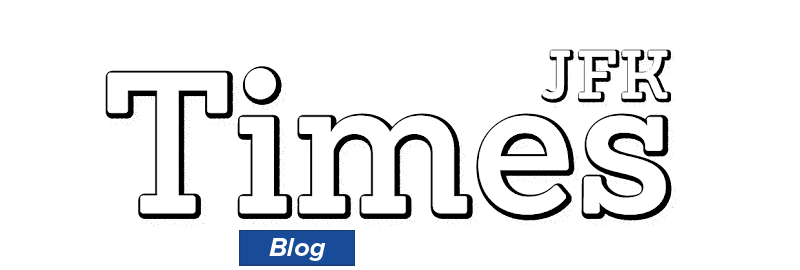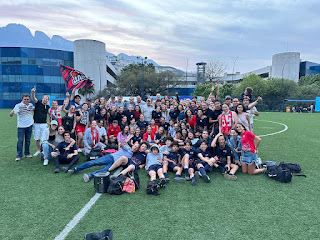Congreso Parent Talks: "Prevention of Abuse"
El pasado 16 de noviembre tuvimos el gusto de presentar el Primer Congreso Parent Talks. El tema “Prevención de abuso” fue elegido como respuesta a la necesidad de estar informados y saber qué herramientas podemos dar a niños y jóvenes para hacer respetar su integridad física y mental.
Especialistas invitados analizaron enfoques desde diferentes perspectivas que incluyen al individuo, la familia, la escuela, la comunidad y la sociedad.
Como adultos, no debemos educar en la sobreprotección, necesitamos permitir a nuestros hijos a salir al mundo e interactuar con quienes los rodean y al mismo tiempo ayudarles a conocer los temas en los que necesitamos tener precauciones para prevenir riesgos.
Es fácil enseñarle a un niño que no debe acercarse a la estufa pero, al parecer, hablarle sobre la seguridad de su cuerpo es algo que lamentablemente en ocasiones, se habla cuando es demasiado tarde.
Se sabe que no existe un perfil de la persona agresora ya que puede ser adulta o no, puede pertenecer al entorno familiar, ser alguien cercano o desconocido.
Los principales tipos de abuso en niños y jóvenes pueden ser:
- Emocional y verbal
- Sexual
- Por medio de la tecnología
- Negligencia
Los siguientes temas son muy importantes e idealmente deben ser abordados desde casa:
- Qué es el abuso
- Cuáles son los tipos de abuso
- Cómo prevenirlo
- Qué hacer en el caso de vivir alguna situación de abuso
- Recordar que siempre se debe Reportar a un adulto de confianza
Recuerda que fomentar dentro de la familia un ambiente de respeto y de confianza ayudará a informar y a poder denunciar en caso necesario.
Clarisa Montes de Oca, Coordinadora de Student Support Services JFK
--------
On November 16, we had the pleasure of presenting the First
Parent Talks Congress. The topic “Prevention of abuse” was chosen in response
to the need to be informed and know what tools we can give children and young
people to ensure their physical and mental integrity is respected.
Invited specialists analyzed approaches from different perspectives that include the individual, the family, the school, the community and society.
As adults, we should not educate in overprotection, we need to allow our children to go out into the world and interact with those around them and at the same time help them learn about the topics in which we need to take precautions to prevent risks.
It's easy to teach a child not to go near the stove, but apparently talking to them about body safety is something that, unfortunately, is sometimes talked about when it's too late.
It is known that there is no profile of the aggressor since he or she may or may not be an adult, may belong to the family environment, be someone close or unknown.
The main types of abuse in children and young people can be:
- Emotional and verbal
- Sexual
- Through technology
- Negligence
The following topics are very important and should ideally be addressed from home:
- What is abuse
- What are the types of abuse
- How to prevent it
- What to do if you experience a situation of abuse
- Always report to a trusted adult.
Remember that fostering an environment of respect and trust within the family will help to inform and be able to report if necessary.
Clarisa Montes de Oca, Coordinator of Student Support Services JFK




Comments
Post a Comment